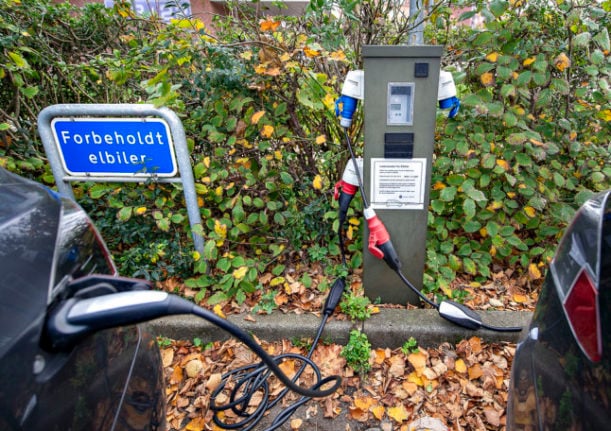In a move likely to infuriate many drivers, the price of the Swiss vignette looks certain to soar from 40 francs ($43) to 100 ($107) francs after the upper house gave the green light on Thursday. Defending the plan, the Swiss government claims the price is still low compared to the cost of tolls or road tax in other countries.
The proposed hike is expected to come into effect in 2014 or 2015, or whenever reserves for the upkeep of Swiss motorways – financed both by fuel taxes and the vignette – drop below one billion francs.
Transport Minister Doris Leuthard insisted in parliament on the need to increase the road tax in order to bump up revenues to 275 million francs ($294 million). The need for a beefed-up road budget is linked to the proposed addition of some 400 kilometres of cantonal roads to the national network.
Many countries in Europe use the vignette road tax system, such as Austria, Bulgaria, Hungary and the Czech Republic. Switzerland introduced the system in 1985, with a sticker initially costing 30 francs ($32) a year. The price was raised to 40 francs in 1995 and has remained stable ever since.
For motorists crossing the country but bound for other destinations, or those visiting the country temporarily, a cheaper version will be available for 40 francs ($43). This will only be valid for two months.



 Please whitelist us to continue reading.
Please whitelist us to continue reading.
Member comments